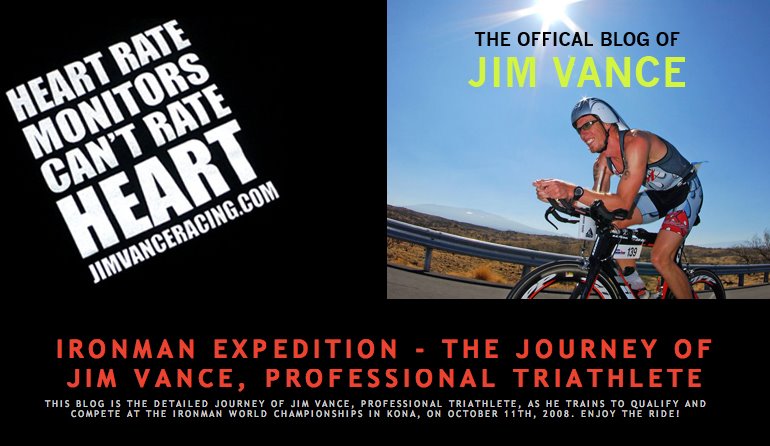I did an open-water swim clinic on Sunday, and one of the attendees, Debra, asked me what is the number one way she can improve her swimming. My clinic focused on all the things she can do to race better in the open water, in order to maximize her current swimming abilities.
What Debra asked is the million dollar question, and guess what...it has a million dollar answer! The problem is, most people don't want to invest the million dollars, (their time). If you want to get better at swimming, just going to a pool and doing laps will not do you any good. You not only ingrain bad habits, you increase the potential for injury, and can face burn-out from lack of improvement.
Here are my recommendations for getting better at swimming.
1. Join a masters program! And when you join, be a bug in the coach's ear! Ask for tips, feedback, etc. If you don't understand what they are suggesting you do, TELL THEM! Too many people are not willing to discuss something and dig deeper to understand the concept they are trying to learn, for fear of appearing stupid. If you knew everything about swimming, you wouldn't be asking in the first place! So make sure when you ask a coach something, YOU UNDERSTAND THE ANSWER THEY GIVE! Coaches will gravitate to the athletes who want feedback and are motivated to learn. Be one of those people, and watch how much you improve!
2. Don't fall into this trap of thinking there are "technique days" and "fitness" or "hard training" days when it comes to swimming. This is BOGUS! If you aren't thinking about technique everyday, every interval you do, every stroke you take, you will never learn it effectively enough to carry it over to a race.
3. Don't be afraid to experiment! So many people get into a pool and are afraid to try anything new. They just hope if they continue to do lap after lap after lap, that their technique will magically improve on it's own. Guess what? IT WON'T! If you really want to understand technique better and learn what works and what does not, EXPERIMENT! Change up your stroke rate, faster and slower. Reach farther in front, less in front. Keep a higher elbow, try a lower elbow. Roll more, roll less. Keep your head pushed down, lift your head higher. Get feedback from the movements and the clock. As you experiment, you will learn what works and what doesn't.
4. If you can ever get video-taped underwater, DO IT! You will never know or understand fully what your weaknesses are in your stroke, until you see them on film. We all think we look as smooth as Mike Phelps, but we don't. We are all biased, and can't fully understand what we're doing wrong until we exposed on film. If you don't know how to get filmed underwater, ask around. Someone in the community can help, I assure you!
5. READ! The more you know about stroke technique and the principles of proper technique, the more you will value it and the more you will try to master it.
In the end, you have to invest the time, effort and energy to improve. This is a big investment, (million dollars), but the rewards are large as well. Now get to the pool, and get after it!
Vance
2007 NFA
Tuesday, January 30, 2007
Million dollar swimming!
Subscribe to:
Post Comments (Atom)
.jpg)

1 comment:
Hello. I found your blog from a friend who went to training session with you in San Diego. Thanks for the great advice regarding swimming.
Look foward to watching and reading about your race season. Keep up the good work!
Post a Comment